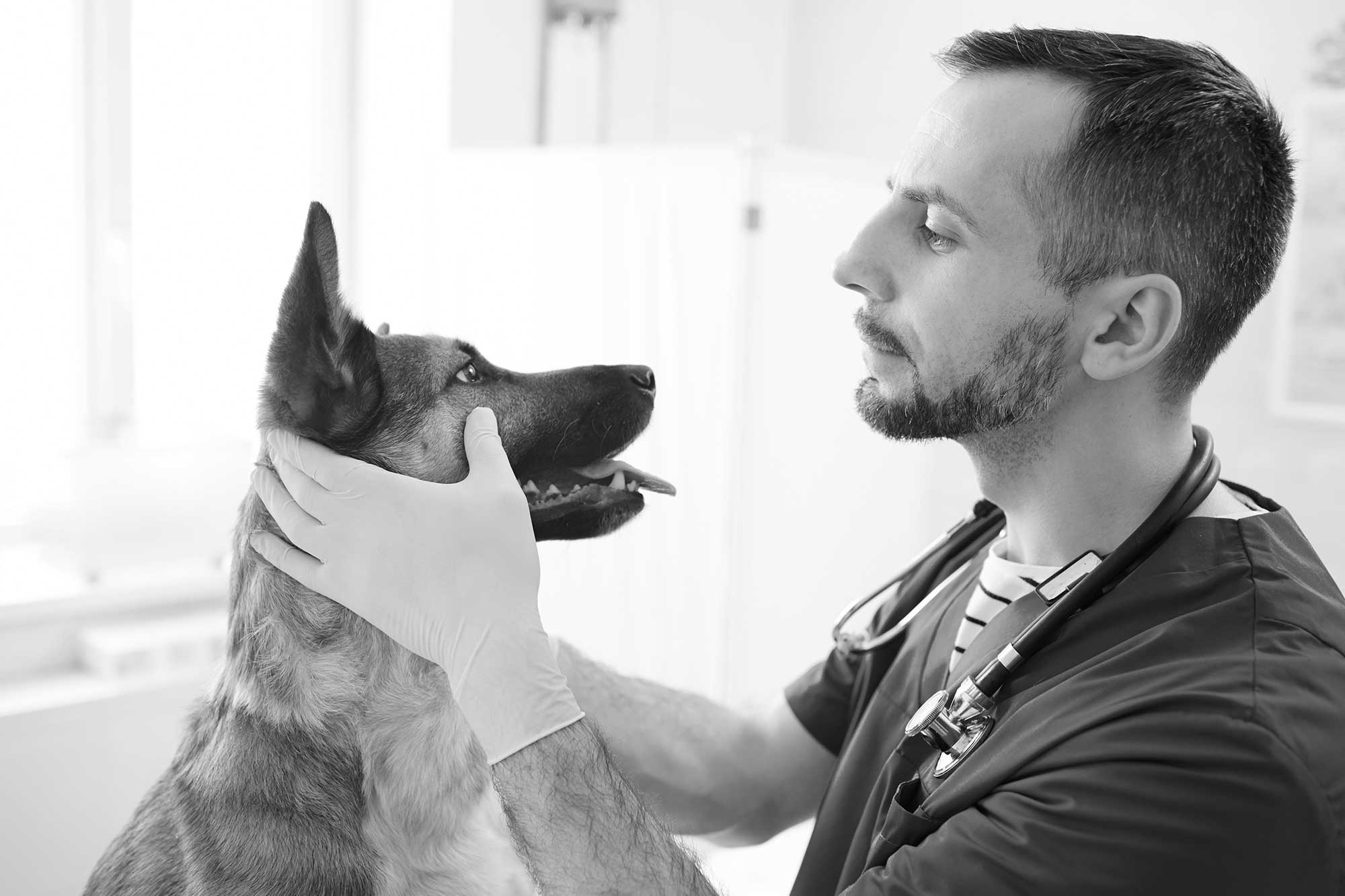Selling Your Practice in the Rise of Corporate Medicine
Whether you're ready to sell your practice or thinking about your future exit strategy, these tips on how to think about the selling process can...

Want to be an owner someday? Travis York sheds lights on some myths regarding veterinary practice ownership, describes nontraditional ways of becoming an owner, and gives tips for what veterinarians can do now to plan for their career future.
For one reason or another, you may not think becoming a practice owner is in the cards for you. Take a moment, however, to reconsider that thought. The mental roadblocks you’ve put up may be mere myths, and you may discover that the resources exist to make your career aspirations a reality.
Travis York, a managing director at Calico Financial, has spent his career helping veterinarians become successful practice owners. In a Quick Cup of Knowledge interview, “Practice Ownership,” Mr. York talks to host Dr. Natalie Marks about common myths that surround practice ownership.
The short-term financial gain, long-term financial gain, and professional development that comes from being an owner are available to anyone with the desire to learn and grow. Here are the three biggest myths from Mr. York regarding practice ownership. They couldn’t be more false!
Myth #1: Women usually don’t want to own a practice.
The notion exists that female associates are most likely not interested in practice ownership. Mr. York contrarily attests that gender has no bearing on whether or not someone has the desire to become an owner.
York reports that about 60% of clients at Calico Financial are women. He also says that they are some of the best owners and can connect with their team in a unique way.
The AVMA recently performed a census of veterinarians living in the United States in 2018 and found that 61.7% of practicing veterinarians were women. Despite the 83.9% of veterinarians age 75 or younger working in private clinical practice, only 42% of associates were owners in 2018, down from 47% in 2008.
What does this mean? It means that practice ownership among veterinarians is down, but perhaps there’s a large group of potential owners being overlooked. Mr. York encourages owners to talk to their female as well as male associates about ownership to give everyone that opportunity.
Myth #2: I’m already in a lot of debt, so I’m not in a financial position to invest in a practice.
With your tremendous amount of student debt coming out of veterinary school, the thought of owning a practice may seem unlikely or even irresponsible. To that, York says, “With your student debt, you cannot afford to NOT be an owner, or at least be able to participant in ownership benefits.”
People think that private debt somehow affects business debt. In reality, personal debt and business debt are unrelated.
Your student loan obligation depends on the amount of personal income you make, just as the debt obligation of your business depends on the amount of revenue the business makes. In other words, the debt taken on as a practice is determined by how much the business can support, not you personally.
As you can see, deciding not to become a practice owner because of personal debt doesn’t make much sense. Being an owner and receiving the financial benefits of ownership, if anything, helps reduce your personal debt.
Myth #3: I’m not very good at business finance or management, so being an owner isn’t for me.
If you think that being a practice owner means being the sole person responsible for all things related to the business side of the practice, then we have good news for you. There are many kinds of ownership models—you don’t have to do everything!
Mr. York says that many veterinarians own practices alongside partnering associates. Each partner works as a veterinarian but dedicates some hours to the management side of the practice. Working as a team lightens the load.
There are resources available that help veterinarians learn principles of ownership. One of them is the Veterinary Stock Ownership Plan (VSOP), which is a platform where practice owners provide ownership opportunities to doctors working for them. VSOP also has e-learning programs for veterinarians who want to become better practice owners.
Another option York mentions is to partner with someone who isn’t a veterinarian. Collaborating with someone whose passion is business management can be a great opportunity to be an owner while focusing on what you love doing—being a veterinarian. This way, you won’t have to be an expert in finances or management.
Conclusion
Hopefully, your mind has opened up to the possibility of becoming a practice owner. Mr. York’s goal is for the veterinary community to push themselves to “not think about ownership the way we always have in the past.”
Online resources and open dialogue with your owners and colleagues are good first steps in the process of investing in the practice you help build and developing your career.
For young veterinarians with aspirations of becoming a practice owner, make sure you focus on playing not just the short game (setting yourself up for short-term career success), but the long game too. That means having these conversations with associates and getting involved in your private practice early so you can reap the benefits of your work later by becoming an owner.
Stay in the Know!
Click the link to subscribe to our YouTube channel or check out our Resource Library full of great podcasts, videos, and digital downloads!
Disclaimer
Content may contain advertising and sponsorships. Advertisers and sponsors are responsible for ensuring that material submitted for inclusion is accurate and complies with applicable laws. We are not responsible for the illegality or any error, inaccuracy or problem in the advertiser’s or sponsor’s materials.
Advertising and sponsorship material and/or opinions are not are not a reflection on Viticus Group.

Whether you're ready to sell your practice or thinking about your future exit strategy, these tips on how to think about the selling process can...

Viticus Group is excited to launch the Viticus Veterinary Summit, an opportunity for veterinary professional to dive into an interactive virtual...

We all have a story—decisions, motivations, experiences, and maybe a little bit of luck that makes us who we are. As the veterinary class of 2022...